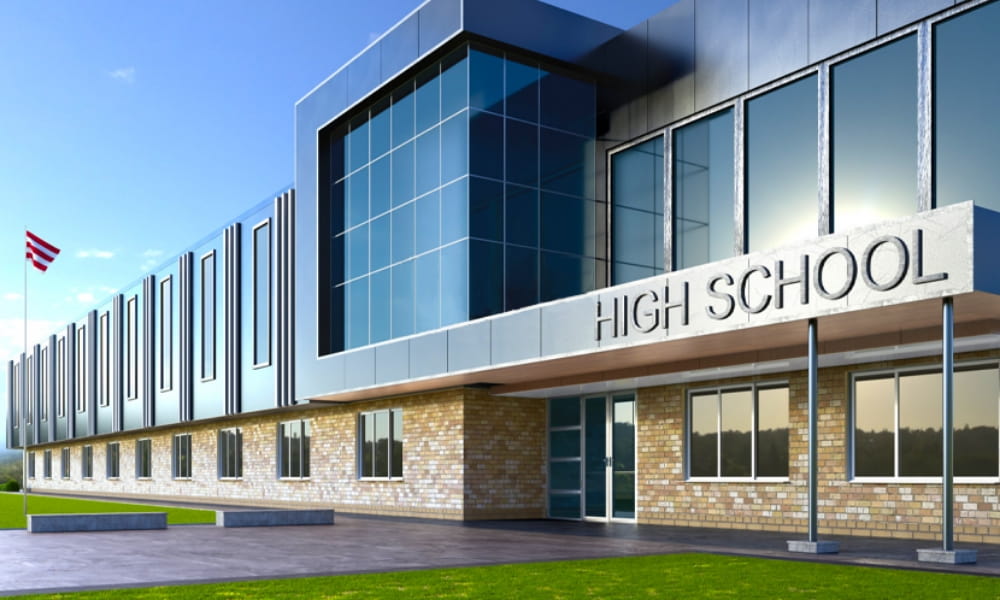Inverters stand as indispensable components in powering a wide array of settings, ranging from residential homes to educational institutions, healthcare facilities, and commercial enterprises. Their pivotal role lies in their ability to convert direct current (DC) electricity into alternating current (AC), making it usable for various appliances and equipment.
Especially in environments where uninterrupted power supply is critical, such as hospitals and schools, inverters serve as essential backup systems. During instances of grid power failures or outages, inverters seamlessly kick in, ensuring that vital operations continue without disruption. In hospitals, for instance, where medical equipment, life support systems, and critical lighting must remain operational at all times, the reliability of inverters is paramount to patient care and safety. Similarly, in educational institutions, uninterrupted power supply provided by inverters ensures that teaching and learning activities remain uninterrupted, regardless of external power disturbances.
Moreover, inverters play a transformative role in remote or off-grid areas where conventional grid electricity infrastructure is unavailable. In these regions, inverters serve as the backbone of decentralized energy systems, enabling access to electricity for communities that would otherwise be left in the dark. By harnessing renewable energy sources such as solar or wind power and converting it into usable AC electricity, inverters facilitate sustainable development and improve the quality of life for residents in remote areas.

In addition to their critical backup power function, inverters offer significant opportunities for energy savings and efficiency improvements. By intelligently managing electricity usage and optimizing power consumption, inverters help reduce overall energy consumption and, consequently, electricity costs. In commercial settings, where energy expenses can make up a significant portion of operating costs, the deployment of inverters can lead to substantial savings over time, contributing to improved financial sustainability and competitiveness.
Furthermore, inverters contribute to the broader transition towards a cleaner and more sustainable energy future. By enabling the integration of renewable energy sources such as solar panels or wind turbines into existing electricity grids, inverters facilitate the transition away from fossil fuels and towards low-carbon energy alternatives. This transition not only helps mitigate the impacts of climate change but also reduces dependence on finite and environmentally harmful energy resources.
In conclusion, inverters serve as versatile and essential components of modern energy systems, providing critical backup power, enabling access to electricity in remote areas, promoting energy efficiency, and facilitating the transition to renewable energy sources. As technology continues to advance and the demand for reliable, sustainable energy solutions grows, the role of inverters in powering our homes, schools, hospitals, and businesses will only become more prominent and indispensable.